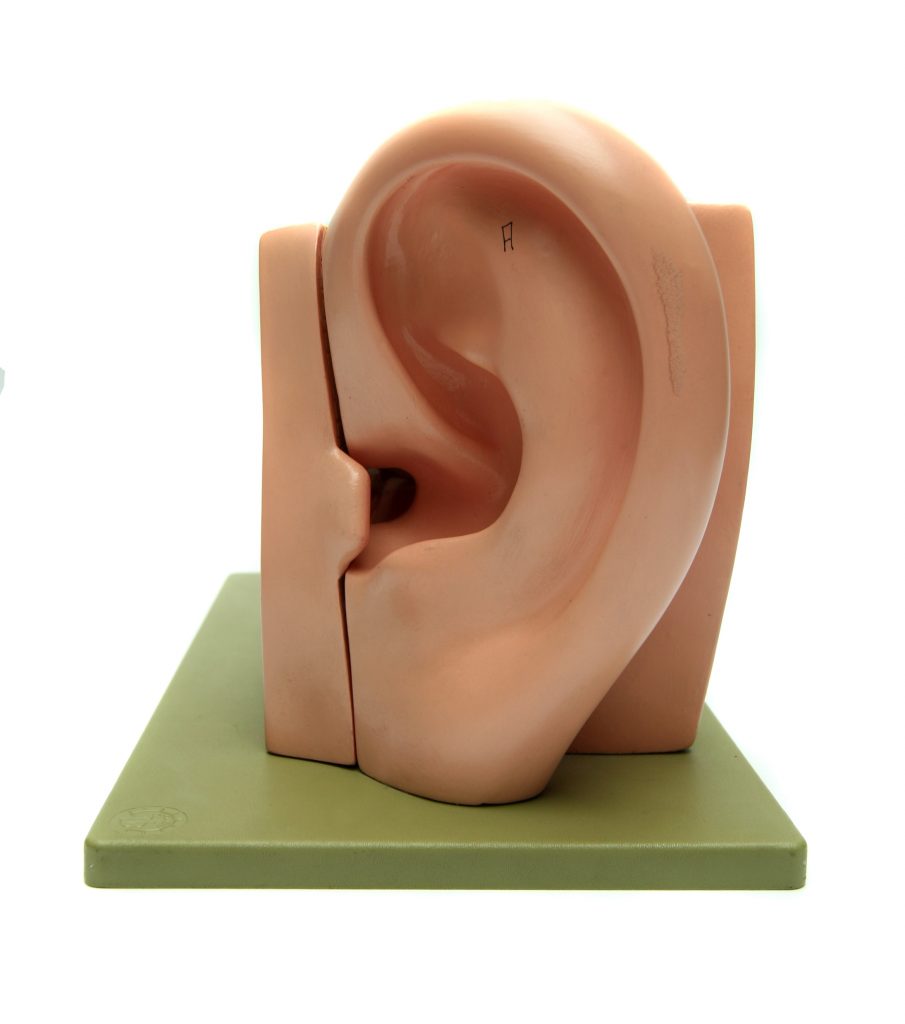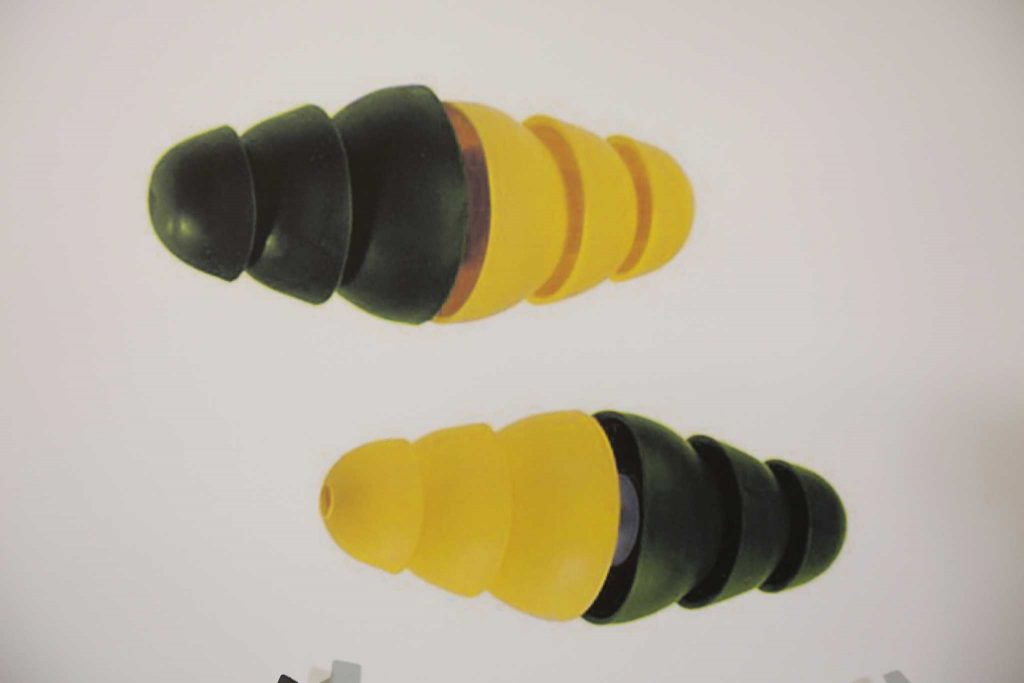 Zoning issues can seemingly arise out of nowhere and affect the way you choose to use your property. It is important to stay up to date with local zoning ordinances and have a good lawyer to guide you with upcoming projects or changes that may be affected. It is equally important to also be aware of what happens when zoning changes do affect, and even cancel, these projects. The Fifth Circuit Court of Appeal for the State of Louisiana addressed this issue when a Terrytown, Louisiana property was rezoned by the Jefferson Parish Council on December 12, 2007.
Zoning issues can seemingly arise out of nowhere and affect the way you choose to use your property. It is important to stay up to date with local zoning ordinances and have a good lawyer to guide you with upcoming projects or changes that may be affected. It is equally important to also be aware of what happens when zoning changes do affect, and even cancel, these projects. The Fifth Circuit Court of Appeal for the State of Louisiana addressed this issue when a Terrytown, Louisiana property was rezoned by the Jefferson Parish Council on December 12, 2007.
The Berrys purchased two adjoining parcels of property in 1998 and 2000, consisting of over four acres of land located in the Elmwood Subdivision and on Behrman Highway along the west bank of Jefferson Parish. This property was zoned as a Multiple Use Corridor District (“MUCD”), allowing for diverse commercial use of the land. On October 13, 2006, the Berrys and Volunteers of America, Inc. (the “VOA”) entered a purchase agreement to develop the property into a high-density, multi-level housing facility for the elderly. While the VOA made preparations for the project, the Jefferson Parish Council executed a zoning and land use area study that covered 23.67 acres, including the property owned by the Berrys.
The VOA project came to a halt due to a moratorium, an order of postponement, on the issuance of building permits for the area within the study, as required by the Parish Code. When the study came to an end, the VOA project ended as well; the study concluded with the Parish Council changing the zoning of the front portion of the Berry property from MUCD to C-1 (Neighborhood Commercial District), and the rest of the property zoned as R-1A (Single-Family Residential). Though the zoning changes were consistent with the Parish’s 2003 Comprehensive Land Use Plan, they were inconsistent with the VOA project.
 Louisiana Personal Injury Lawyer Blog
Louisiana Personal Injury Lawyer Blog


 The loss of loved ones is never easy, especially when they are taken away in sudden, unexpected ways. Though there is no dollar value that can replace human beings, monetary damages are a form of recovery in cases of wrongful death. Sometimes the steps to that recovery can be difficult, especially when insurance is involved. This issue was explored in a wrongful death action brought to the Twenty-Ninth Judicial District Court in St. Charles Parish.
The loss of loved ones is never easy, especially when they are taken away in sudden, unexpected ways. Though there is no dollar value that can replace human beings, monetary damages are a form of recovery in cases of wrongful death. Sometimes the steps to that recovery can be difficult, especially when insurance is involved. This issue was explored in a wrongful death action brought to the Twenty-Ninth Judicial District Court in St. Charles Parish.  Do you ever wonder what happens if you get into an accident in a company vehicle when on your lunch break? Whether it is using the company car to pick up food or a quick stop at the mall to grab a birthday gift, most of us have had the thought cross our minds. A recent State of Louisiana First Circuit Court of Appeal (“the Court”) case dealt with this very issue.
Do you ever wonder what happens if you get into an accident in a company vehicle when on your lunch break? Whether it is using the company car to pick up food or a quick stop at the mall to grab a birthday gift, most of us have had the thought cross our minds. A recent State of Louisiana First Circuit Court of Appeal (“the Court”) case dealt with this very issue. Most customers do not expect to be hurt by store merchandise when they go shopping. Yet, each year dozens of individuals are injured due to “falling merchandise.” The following Louisiana First Circuit Court of Appeal (“the Court”) case is a perfect example of what happens when an individual seeks legal action for being injured by a store’s falling merchandise.
Most customers do not expect to be hurt by store merchandise when they go shopping. Yet, each year dozens of individuals are injured due to “falling merchandise.” The following Louisiana First Circuit Court of Appeal (“the Court”) case is a perfect example of what happens when an individual seeks legal action for being injured by a store’s falling merchandise. Rain and a slick, tiled entryway are typically a bad combination. A recent Louisiana slip and fall case involved this exact scenario.
Rain and a slick, tiled entryway are typically a bad combination. A recent Louisiana slip and fall case involved this exact scenario. This afternoon a lawsuit was filed by the
This afternoon a lawsuit was filed by the 
 For a plaintiff to prove a negligence case, he or she must prove, among other things, that the defendant owed a legal duty to the plaintiff. See
For a plaintiff to prove a negligence case, he or she must prove, among other things, that the defendant owed a legal duty to the plaintiff. See  The death of a loved one is always an emotionally difficult time. But the loved one’s death also creates many obligations and legal requirements that the deceased successors must accomplish. Often, these processes can be complex and may lead to litigation, especially when money is involved. A recent court case out of the Third Circuit Court of Appeal for Louisiana illustrates these problems.
The death of a loved one is always an emotionally difficult time. But the loved one’s death also creates many obligations and legal requirements that the deceased successors must accomplish. Often, these processes can be complex and may lead to litigation, especially when money is involved. A recent court case out of the Third Circuit Court of Appeal for Louisiana illustrates these problems. Ever feel like you have been wrongfully brought to court? If so, then what legal remedies do you have at your disposal? In Louisiana, the law provides a person who has wrongly been brought to court with a tort cause of action called abuse of process. A recent Fifth Circuit Louisiana Court of Appeal decision highlights some of the procedural and legal requirements for this lesser known tort.
Ever feel like you have been wrongfully brought to court? If so, then what legal remedies do you have at your disposal? In Louisiana, the law provides a person who has wrongly been brought to court with a tort cause of action called abuse of process. A recent Fifth Circuit Louisiana Court of Appeal decision highlights some of the procedural and legal requirements for this lesser known tort.